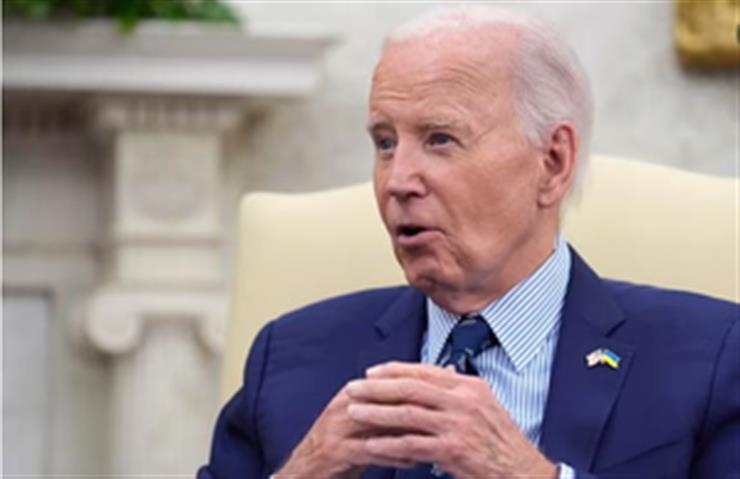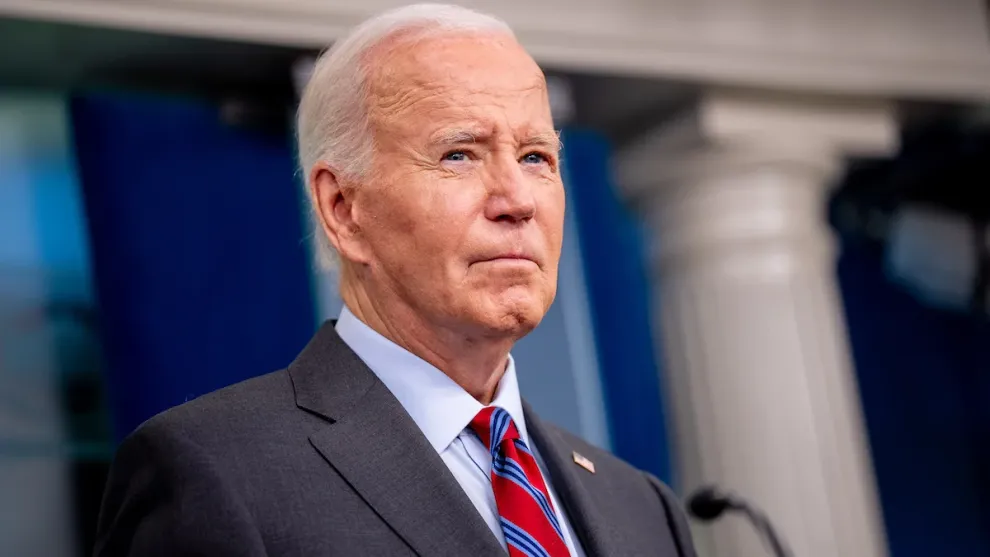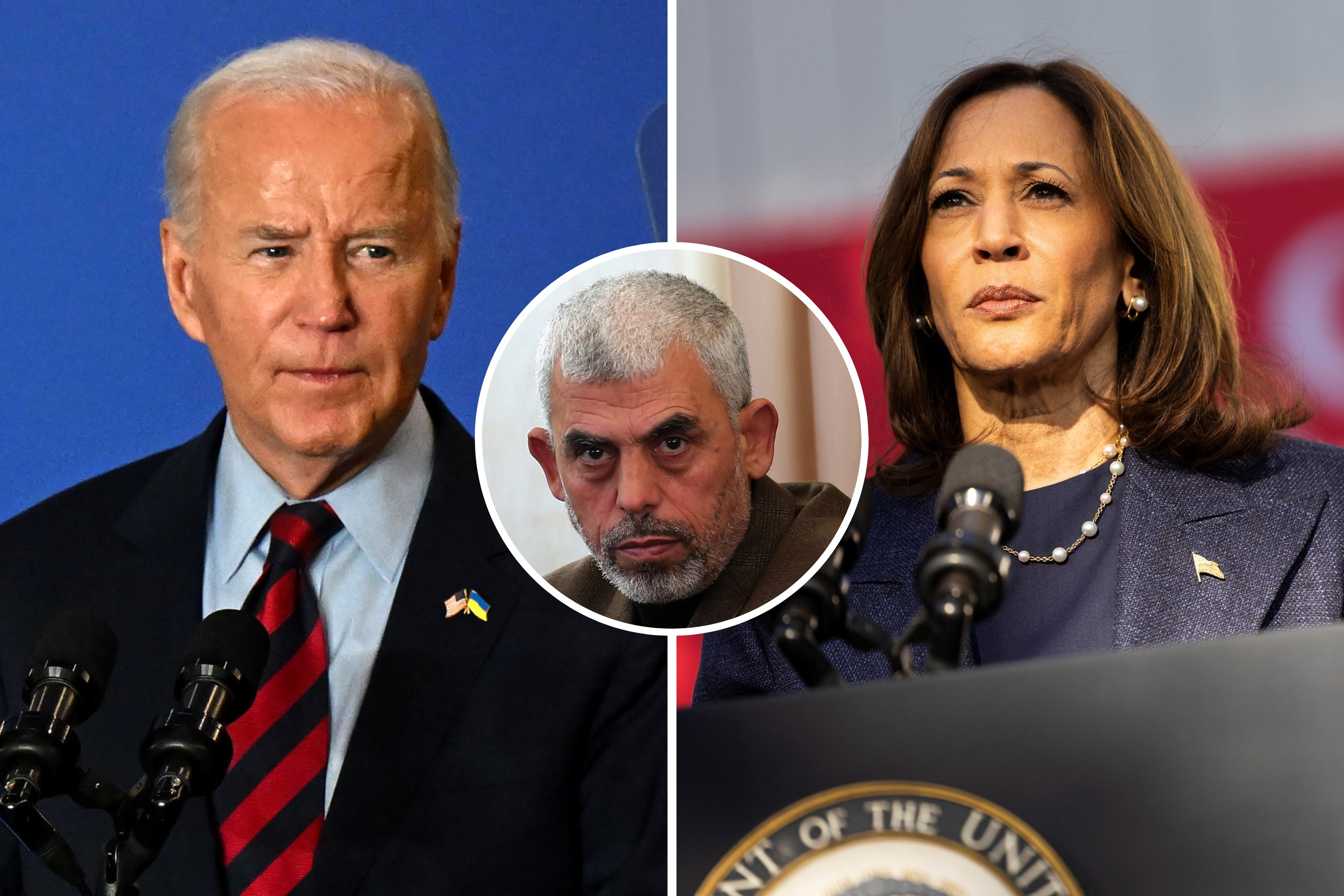Top Hamas leader and mastermind behind the brutal October 7th attack on Israel – Yahya Sinwar killed, marks a significant moment in the ongoing conflict between Israel and Hamas. U.S. President Joe Biden’s declaration of a “good day” for Israel and the world reflects the gravity of this event.
Sinwar’s death, confirmed by Israeli authorities and supported by U.S. intelligence, has not only eliminated a key figure in the conflict but also opened a door to potential shifts in Gaza and the region as a whole.
As the global community reflects on this major development, many are questioning what the future holds for Israel, Palestine, and the broader Middle East.
A Key Architect of Violence Yahya Sinwar Killed
Yahya Sinwar was not just another Hamas leader; he was central to some of the most violent and destabilizing actions in recent years. Known for his ruthless strategies and determination to resist any diplomatic or peaceful resolutions,
Sinwar played a pivotal role in orchestrating attacks against Israel and other targets. His involvement in the October 7th, 2023, attack on Israel, which President Biden described as the deadliest day for Jews since the Holocaust, solidified his reputation as one of the most dangerous figures in the region.
On that day, more than 1,200 people were killed, including 46 Americans, with many others taken hostage. His death, therefore, represents more than just a tactical victory for Israel; it is a symbolic blow to a man who embodied the violent resistance against Israel’s existence.
Read : No One Has Any Idea How Many Israeli Hostages Are Alive: Hamas
The brutality of the attack, which involved massacres, rapes, and kidnappings, shocked the world. Sinwar’s orders led to unspeakable atrocities, including the deliberate killing of civilians, a Holocaust survivor, and children in front of their parents.
Read : Return Our Hostages, We Will Allow You to Live: PM Netanyahu to Hamas Terrorists
The killing of Sinwar is also a powerful message to terrorist organizations worldwide. President Biden emphasized that no terrorist, no matter how long it takes, can escape justice. ‘
This assertion reflects the deep commitment of the international community, particularly the United States and Israel, to holding individuals accountable for crimes of such magnitude. Sinwar’s death serves as a reminder that, even in a complex and drawn-out conflict, justice will be pursued.
U.S. Intelligence and Israel’s Collaboration
The successful mission that led to Yahya Sinwar’s death was not an isolated Israeli effort; it was a testament to the close collaboration between U.S. and Israeli intelligence agencies.
President Biden acknowledged that U.S. intelligence played a key role in aiding the Israel Defense Forces (IDF) in tracking down and targeting Sinwar. This cooperation has been a cornerstone of the strong relationship between the United States and Israel, particularly in matters of counterterrorism.
Hamas leader Yahya Sinwar is dead.
— President Biden (@POTUS) October 17, 2024
This is a good day for Israel, for the United States, and for the world.
Here’s my full statement. pic.twitter.com/cSe1czhd9s
Since the October 7th attack, the United States has provided not only military and intelligence support but also political backing to Israel’s right to defend itself. Biden’s statements following Sinwar’s death echoed this stance, emphasizing that Israel has “every right” to eliminate terrorists who threaten its existence.
The legitimacy of these actions, according to Biden, is rooted in Israel’s right to self-defense and its ongoing efforts to protect its citizens from future attacks.
The comparison Biden drew between the killing of Sinwar and the 2011 U.S. raid that resulted in the death of Osama bin Laden highlights the global significance of this event. Just as the world saw the elimination of bin Laden as a major victory in the fight against terrorism, Sinwar’s death is being viewed as a crucial step in Israel’s long battle against Hamas.
While there are certainly differences in the scale and nature of these two figures’ actions, the symbolism remains powerful—both represent a victory against individuals responsible for large-scale violence and terrorism.
Furthermore, the collaboration between U.S. and Israeli forces underscores the broader international effort to combat terrorism. While the conflict between Israel and Hamas is deeply rooted in regional issues, the global fight against terrorism often transcends borders.
The killing of Sinwar is a reminder that the international community, particularly the United States, remains committed to supporting Israel in its fight against groups that engage in terrorism and threaten regional stability.
The Path Forward: A Gaza Without Hamas?
While the death of Yahya Sinwar is undoubtedly a significant blow to Hamas, President Biden and others acknowledge that much work remains. Sinwar’s elimination removes a key obstacle to peace in Gaza, but the region remains deeply fractured.
Biden spoke of an “opportunity for a day after,” envisioning a future without Hamas in power and with the potential for a political settlement that benefits both Israelis and Palestinians.
The question now is whether Sinwar’s death will lead to meaningful change in Gaza or if it will simply result in a power vacuum that could be filled by other, potentially even more radical, leaders. Hamas has long been entrenched in Gaza’s political and social landscape, and while its military leadership has suffered a blow, its influence is far from gone.

However, Sinwar’s death could pave the way for renewed discussions about Gaza’s future. For years, the region has been trapped in a cycle of violence, poverty, and political instability. Hamas’s control over Gaza has been marked by its rejection of Israel’s right to exist and its refusal to engage in meaningful peace talks. Sinwar, in particular, was seen as a major roadblock to any diplomatic progress.
With Sinwar gone, there may be a chance for new leadership to emerge within Gaza—leadership that is more open to dialogue and less focused on violent resistance. This would not be an easy transition, as Hamas has deeply entrenched itself within Gaza’s political structures, and any move toward a political settlement would require significant changes in the region’s governance.
Biden’s remarks about a “political settlement” highlight the potential for international efforts to foster peace in the region. However, achieving this vision will require more than just the elimination of key figures like Sinwar.
It will demand a comprehensive approach that addresses the underlying issues driving the conflict, including economic deprivation, political disenfranchisement, and the lack of a viable path to peace for both Israelis and Palestinians.
For Israel, Sinwar’s death offers a moment of relief and reflection, but it does not mark the end of the conflict. Hamas still retains significant capabilities, and other militant groups continue to pose threats to Israel’s security. The broader Israeli-Palestinian conflict, too, remains unresolved, with deep-rooted tensions and grievances on both sides.

The killing of Yahya Sinwar is undoubtedly a significant moment in the ongoing conflict between Israel and Hamas. It represents a tactical victory for Israel, a symbolic blow to Hamas, and a reminder of the global commitment to fighting terrorism.
President Joe Biden’s declaration of a “good day” for Israel and the world captures the relief and hope that many feel following Sinwar’s death.
However, while Sinwar’s elimination removes a key figure in the conflict, it does not resolve the broader issues at play. The future of Gaza, the role of Hamas, and the possibility of peace between Israelis and Palestinians remain uncertain.
As President Biden noted, there is an opportunity for a future without Hamas in power, but realizing that vision will require significant efforts from both the international community and the people of the region.
The path forward is fraught with challenges, but with Sinwar gone, there may be a chance for a new chapter in Gaza’s history—one that moves away from violence and toward a more peaceful and prosperous future for all.

